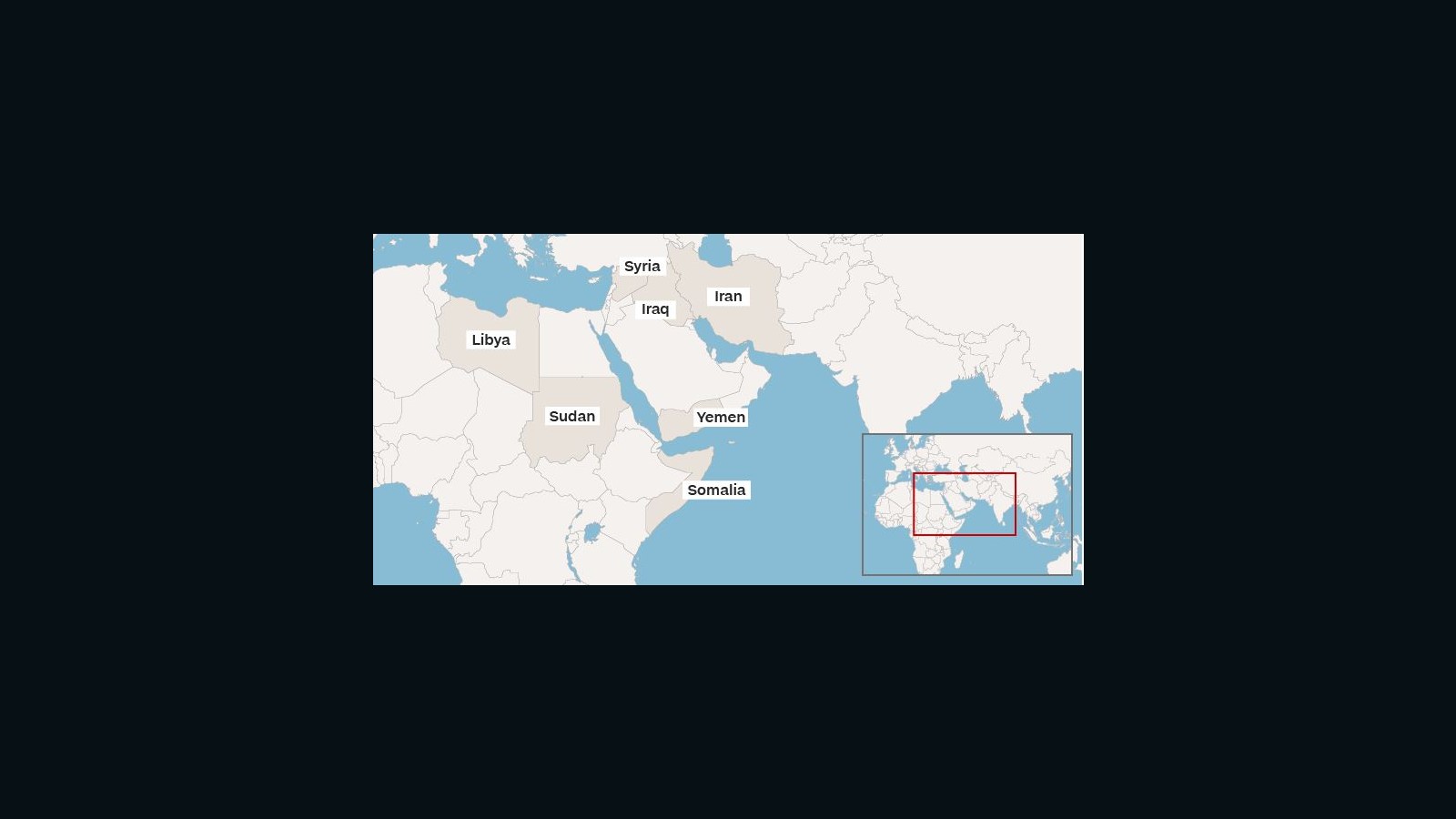(CNN) They say they have no problem with refugees and they're not un-American. They just want to protect the US against terror attacks, and they think President Trump's travel ban is a good first step. "I do feel safer," said Dotty Rhea, 68, a retiree from Savannah, Tennessee. "Nobody's angry with ... (immigrants), nobody hates them. We just need to protect ourselves."
Trump's executive order temporarily suspending refugees and banning immigrants from seven countries has sparked criticism and protests nationwide. But many Americans and members of Congress say they stand by the President's decision.
'Average middle America'
Supporters of the ban point to prior terror attacks on American soil and say they want stronger vetting. "We are just thrilled that President Trump has issued this ban and he's taking measures to protect us," said Debbie Meiners, 67, of Jacksonville, Florida. "We really believe in securing our borders and being a nation of safety.
"We love refugees, but we want only those coming here who love us and want to assimilate into our culture and way of life." Jessica Herrmann, 50, of Coronado, California, said she is "perfectly fine" with immigration and has friends on all types of visas. But she thinks Trump's executive order will help ensure that nobody comes in without proper checks.
"We're not mean, we're not anti-American," said Herrmann, who is part of a military family. "It's kind of sad that we're going to automatically assume that what Trump's doing is a horrible thing when we're just checking who's coming in (to the country)."
Even some former refugees support Trump's actions. Helen Megido, a 43-year-old registered nurse in Federal Way, Washington, is herself a refugee who came to the US from Latvia in 1989.
She said she waited six to nine months to get refugee status.
"[If] you want to get here, you wait your chance. You wait your turn," she said. "If they want to get to America, 3 months, 6 months -- it's nothing. They can wait."
Many of the ban's proponents say they want to protect their families from something they perceive as a threat.
"We don't lock our doors before bed because we hate people outside," Tony Riley wrote on the Facebook page of CNN affiliate WKBW. "We lock them because we love the people inside."
"Wanting and enforcing a strong immigration policy is not fascism," Matt Torre wrote on CNN's Facebook page. Rhea, who called herself part of "average Middle America," said she saw the dangers of illegal immigration when she lived in South Florida and saw people arriving on boats. Trump's executive order will make America safer, she said.
"Just as people came way back when and came through Ellis Island -- they were vetted," the Tennessee woman said. "They weren't just allowed to flood our borders."
Republican politicians back ban
Trump also has support from some fellow Republicans, including Alabama Gov. Robert Bentley and House Intelligence Committee chair Rep. Devin Nunes, who called the move a "useful" temporary measure.
Pro-ban members of Congress say the top priority should be to keep Americans safe.
"I would not support a travel ban on Muslims," said Sen. Roy Blunt of Missouri. "I do support increased vetting on people applying to travel from countries with extensive terrorist ties or activity. These seven countries meet that standard."
"We are at war with Islamic extremists and anything less than 100 percent verification of these refugees' backgrounds puts our national security at risk," said Sen. Steve Daines from Montana.
Some conservative pundits agree. David French of the National Review argued that what's been lost in the outrage over the ban is that the mandates of the order are short-term until new screening guidelines are surmised and that exceptions can be made.
"We know that terrorists are trying to infiltrate the ranks of refugees and other visitors," French wrote. "A short-term ban on entry from problematic countries combined with a systematic review of our security procedures is both reasonable and prudent."









